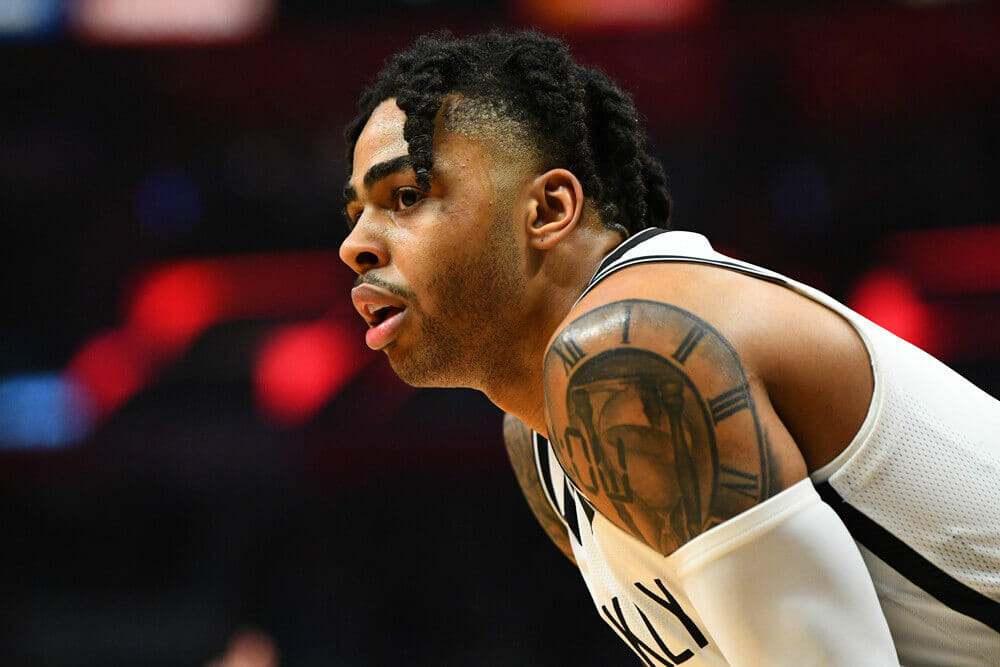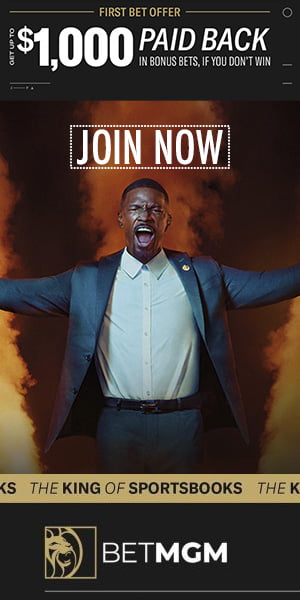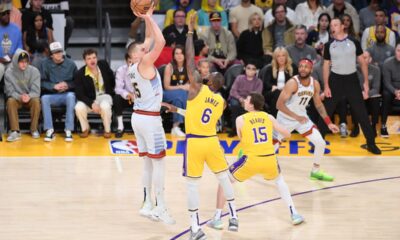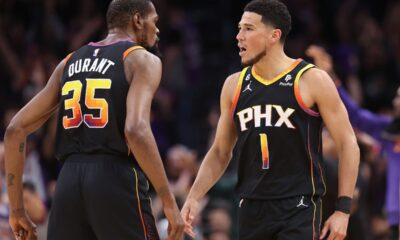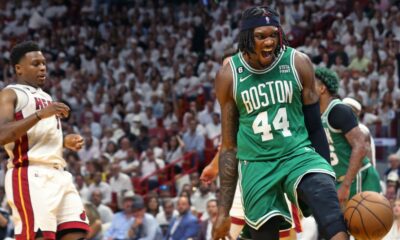D’Angelo Russell sat out as the Minnesota Timberwolves took on the Denver Nuggets this past Sunday. It was a move that the team felt was consistent with its load management responsibilities, allowing the guard to take it easy so he doesn’t get burned out.
Fair enough, even though some seasoned players believe that load management isn’t necessary, but this exercise in protecting a player’s health cost the Timberwolves $25,000. It also led to the NBA acknowledging – in so many words – that nothing is more important than the money it can put in its pockets.
NBA Teams Resting Players? have a fine
Load management hasn’t been a huge deal in the NBA until recently. The league created resting rules in 2017, which were updated last November, but teams have switched to referring to the practice of NBA teams resting healthy players as load management, avoiding the connection to resting. Typically, resting players is only allowed at home games, which wasn’t the case for the Timberwolves, but this wasn’t the main reason for the NBA to deliver its fine. Instead, it turns out that the league makes it very clear that resting healthy players in “high-profile” nationally televised games is a no-no.
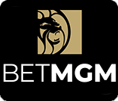
100% Bonus up to $1,000 + $25 Token
T&C APPLY | NJ, MI ONLY Join Now
100% Bonus up to $1,000 + $25 Token
T&C APPLY | PA ONLY Join Now
$1000 Risk Free Bet
T&C APPLY | NJ, PA, IN, CO, NJ, MI, IA, LA, MS, OH ONLY Join NowThat statement alone says it all. Coaches can’t decide how to rotate their players, teams can’t strategize to ensure the better players have enough stamina for the playoffs and players can’t skip a game without getting a note from their doctors, just like in elementary school. The Timberwolves-Nuggets matchup was broadcast on NBA TV, and the league is worried that it will lose revenue dollars if hoops stars sit out and fans change the channel.
When the league redefined its resting rules last November, it did so in response to another load management instance that rubbed NBA brass the wrong way. Kawhi Leonard rode the bench when the LA Clippers took on the Milwaukee Bucks. He had been dealing with knee issues, so the league initially didn’t have a problem with it. However, when coach Doc Rivers said that he felt “great” before the game, the league suddenly threw a tantrum and fined the team $50,000.
As a result of that incident, the second time Leonard had sat out this season, the NBA decided to make sure that teams knew that load management and rest were one in the same. If either term is used for a player taking a break, it means an otherwise healthy player is skipping a game. If the league determines that the player was in good enough shape to step onto the court, the team will be fined.
The Timberwolves have paid the fine, but don’t regret sitting Russell out. The team’s executives and coaches realize that their job is to protect the players, as well as fight for a championship, and this sometimes means changing things around to keep things running smoothly. Minnesota released a statement after the fine was handed down, explaining, “We are a player-centric organization that’s focused on learning and optimizing our players’ bodies. As a new player in our program, we chose to rest D’Angelo in order to learn his body better and to optimize his health during a difficult stretch of games and travel.”
Load management, or the concept of it, first appeared in 2012, possibly before. At the time, Gregg Popovich was leading the San Antonio Spurs and decided to sit out four players – Tim Duncan, Manu Ginobili, Tony Parker and Danny Green – in the final game of six on the road. The last game was against the Miami Heat, and was expected to be a strong contest, meaning the league would be raking in the dough from broadcasts.

100% Bonus up to $1,000 + $25 Token
T&C APPLY | NJ, MI ONLY Join Now
100% Bonus up to $1,000 + $25 Token
T&C APPLY | PA ONLY Join Now
$1000 Risk Free Bet
T&C APPLY | NJ, PA, IN, CO, NJ, MI, IA, LA, MS, OH ONLY Join NowWith the players’ absences, though, things wouldn’t be so hot, so David Stern, the commissioner at the time, stepped in and laid down the law of NBA economics. He also stated that the practice did a “disservice to the league and our fans” as he presented the Spurs with a $250,000 fine. Funny, it always seemed that basketball fans were fans for the love of the game, and that teams existed for the fans and to win championships, not to serve the NBA’s whims.

